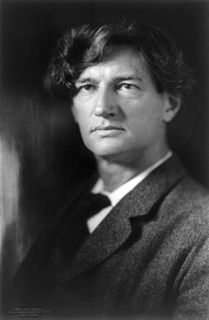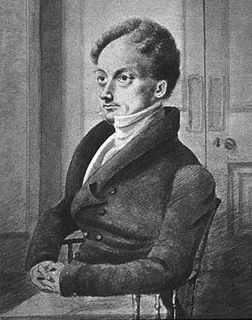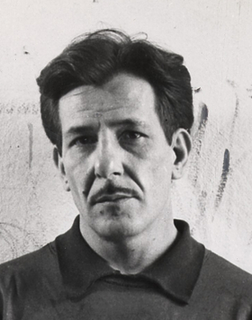A Quote by Marquis de Sade
The impossibility of outraging nature is the greatest anguish man can know.
Related Quotes
Nature is man's inorganic body -- that is to say, nature insofar as it is not the human body. Man lives from nature -- i.e., nature is his body -- and he must maintain a continuing dialogue with it is he is not to die. To say that man's physical and mental life is linked to nature simply means that nature is linked to itself, for man is a part of nature.
As if to demonstrate, by a striking example, the impossibility of erecting any cerebral barrier between man and the apes, Nature has provided us, in the latter animals, with an almost complete series of gradations from brains little higher than that of a Rodent, to brains little lower than that of Man.
I believe that it would be almost impossible to find anywhere in America a black man who has lived further down in the mud of human society than I have; or a black man who has been any more ignorant than I have; or a black man who has suffered more anguish during his life than I have. But it is only after the deepest darkness that the greatest joy can come; it is only after slavery and prison that the sweetest appreciation of freedom can come.
For my generation - the "Children of Nixon," as I call us in the book - the Lebanese civil war was an iconic event. Downtown Beirut became a metaphor for so many things: man's inhumanity to man, what Charles Bukowski called "the impossibility of being human." It shaped our perceptions of war and human nature, just as Vietnam did for our parents. We used it to understand how the world works.






































